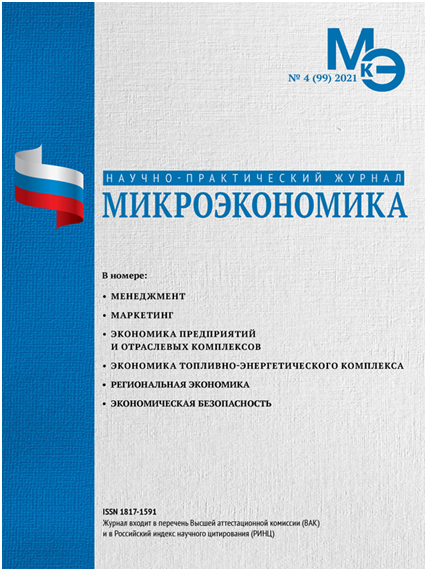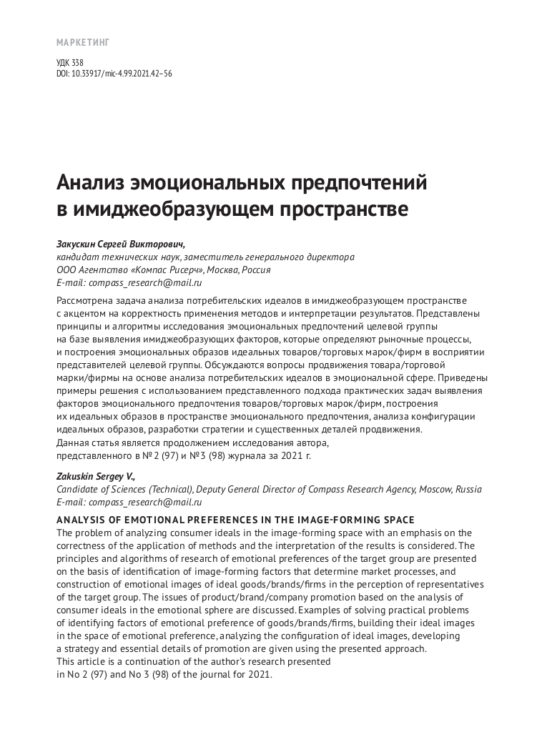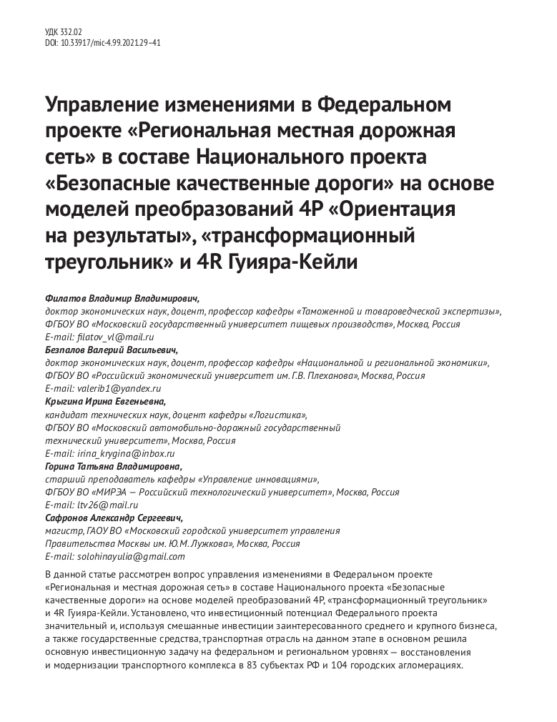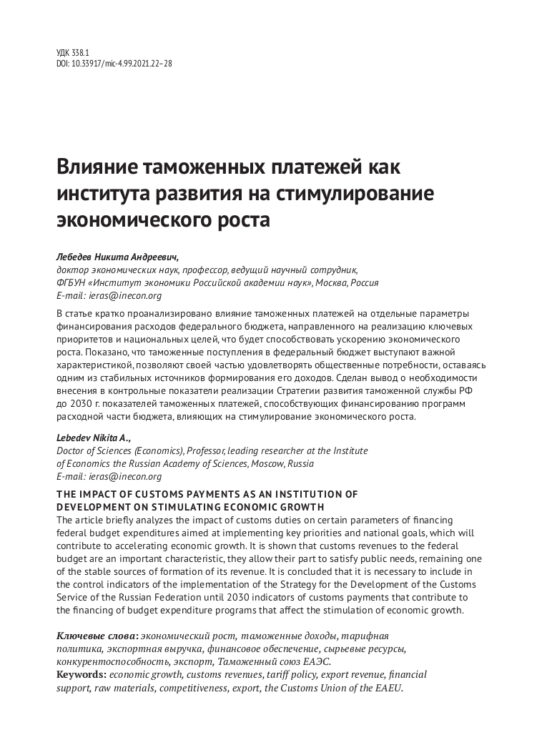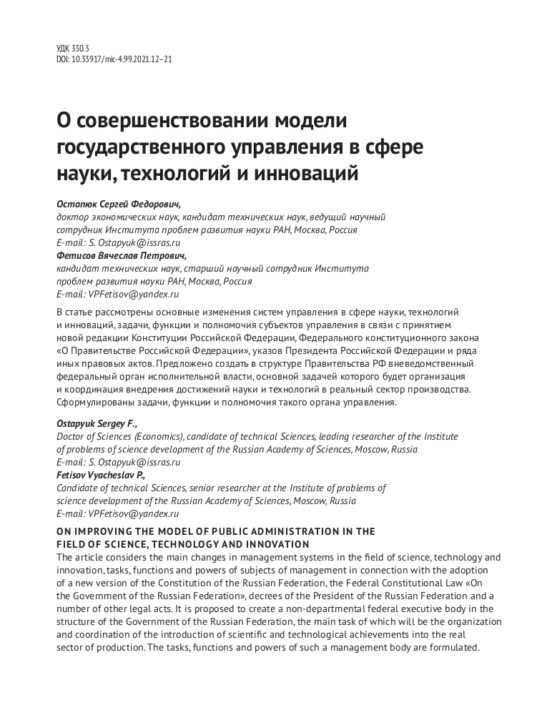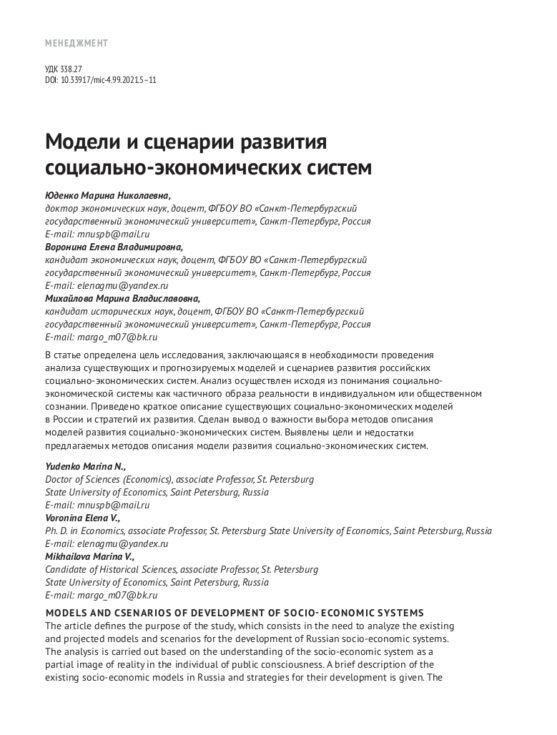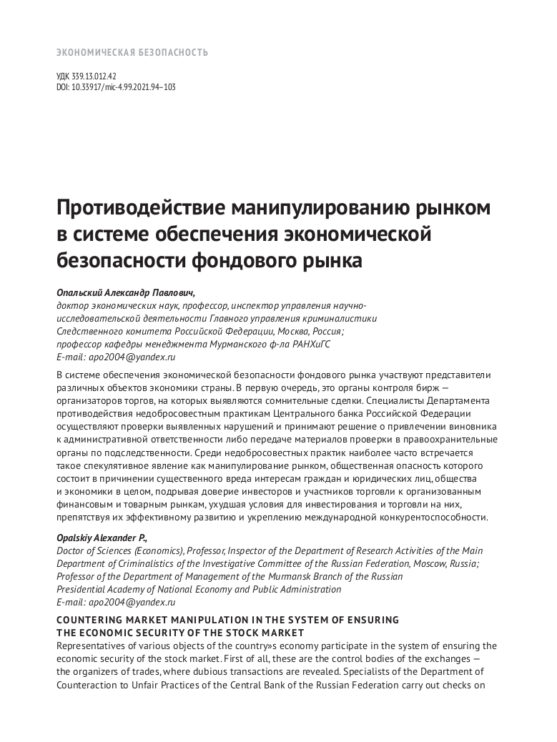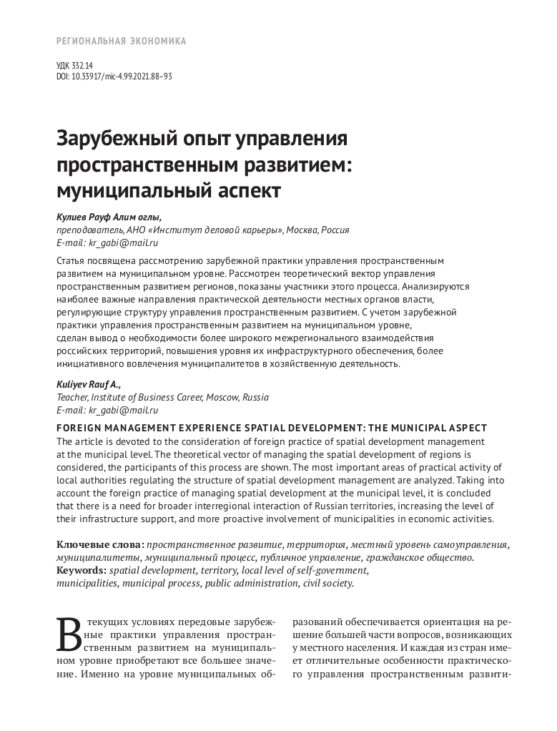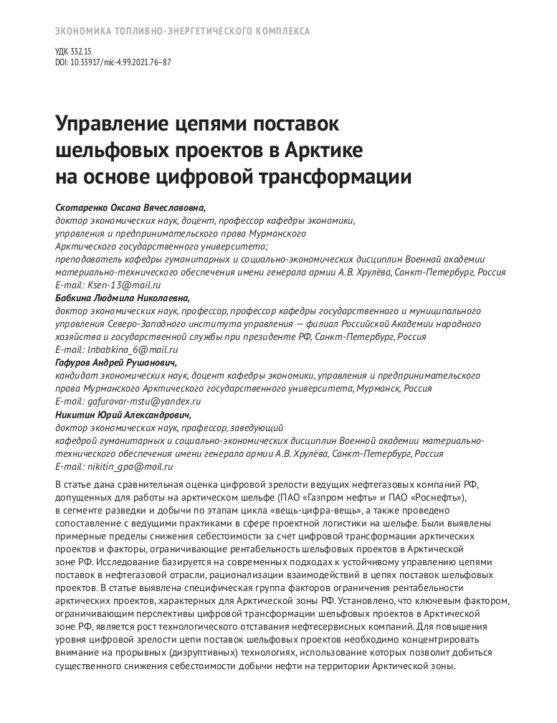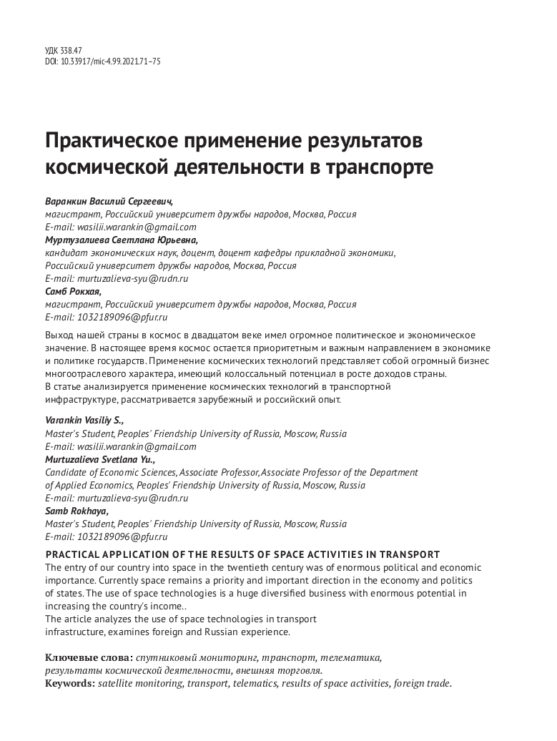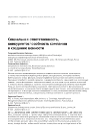Analysis of emotional preferences in the image-forming space
DOI: 10.33917/mic-4.99.2021.42-56
The problem of analyzing consumer ideals in the image-forming space with an emphasis on the correctness of the application of methods and the interpretation of the results is considered. The principles and algorithms of research of emotional preferences of the target group are presented on the basis of identification of image-forming factors that determine market processes, and construction of emotional images of ideal goods/ brands/ firms in the perception of representatives of the target group. The issues of product/ brand/ company promotion based on the analysis of consumer ideals in the emotional sphere are discussed. Examples of solving practical problems of identifying factors of emotional preference of goods/ brands/ firms, building their ideal images in the space of emotional preference, analyzing the configuration of ideal images, developing a strategy and essential details of promotion are given using the presented approach.
This article is a continuation of the author’s research presented in No 2 (97) and No 3 (98) of the journal for 2021.


